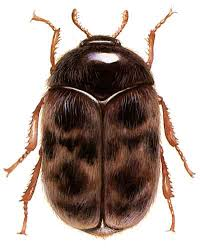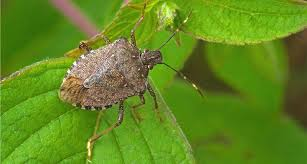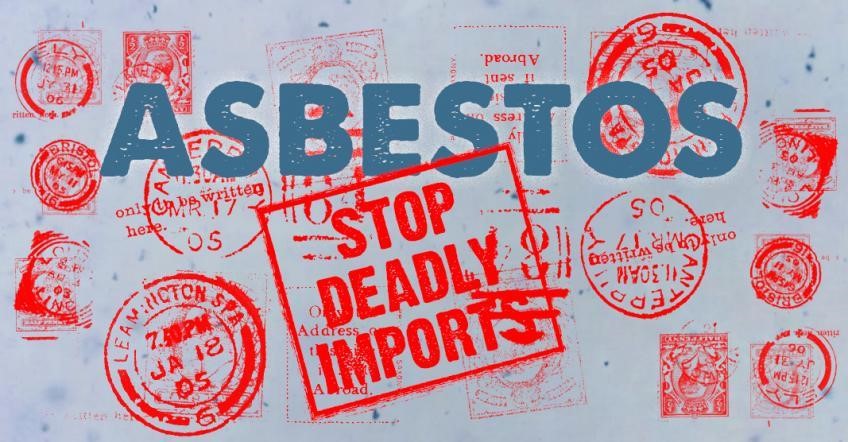Urgent actions to protect against khapra beetle (Trogoderma granarium)
Khapra beetle and its risk to Australia
Khapra beetle is Australia’s number two National Priority Plant Pest and the number one plant priority pest for grains. It is not present in Australia,but it is a highly invasive pest that poses a major threat to Australia’s grains industry. Khapra beetle destroys grain quality making it unfit for human or animal consumption.
The global spread of khapra beetle is increasing and it is being detected on a wide range of plant products and as a hitchhiker pest in shipping containers. If khapra beetle enters Australia it would have significant economic consequences. An outbreak could cost Australia $15.5 billion over 20 years through revenue losses arising from damaged grain in storage and exports.
Phase 1: Ban on High risk plant products within UPE’s and low Value Freight
Phase 1 of the urgent actions commenced on 3 September 2020. As of this date, high-risk plant products from all countries are not permitted entry into Australia within:
- unaccompanied personal effects (UPEs) or
- low value (less than $1,000) air and sea freight (lodged through self-assessed clearance (SAC)).
This ban does not apply to goods imported as commercial trade samples or for research purposes.
Goods arriving for commercial use or for research purposes within low value freight must be for commercial use by an Australian company or business or for research purposes only. They will be required to be:
- accompanied by a Supplier’s declaration, Manufacturer’s declaration, Commercial invoice or Importer declaration with evidence that the goods have been imported by an Australian company or business or
- a statement that the consignment is intended for research purposes.
Failure to comply with these requirements will result in export or destruction of the goods upon arrival in Australia.Â
Phase 2: Ban on high risk plant products within accompanied baggage or via mail.
Phase 2 is expected to commence in mid-October 2020. In this phase, the ban on high-risk plant products will be extended to travellers with accompanied baggage and via a mail postal service.
This means that high-risk plant products from all countries will not be permitted entry into Australia within:
- baggage carried by international travellers (accompanied baggage) or
- mail items (including items posted using Express Mail Service).
HIGH RISK PLANT PRODUCTS
- Rice (Oryza sativa)
- Chickpeas (Cicer arietinum)
- Cucurbit seed (Cucurbita, Cucumis, Citrullus spp.)
- Cumin seed (Cuminum cyminum)
- Safflower seed (Carthamus tinctorius)
- Bean seed (Phaseolus spp.)
- Soybean (Glycine max)
- Mung beans, cowpeas (Vigna spp.)
- Lentils (Lens culinaris)
- Wheat (Triticum aestivum)
- Coriander seed (Coriandrum sativum)
- Celery seed (Apium graveolens)
- Peanuts (Arachis hypogaea)
- Dried chillies/capsicum (Capsicum spp.)
- Faba bean (Vicia faba)
- Pigeon Pea (Cajanus cajan)
- Pea seed (Pisum sativum)
- Fennel seed (Foeniculum spp).
The following exclusions apply:Â goods that are thermally processed that are commercially manufactured and packaged such as retorted, blanched, roasted, fried, boiled, puffed, malted or pasteurised goods, fresh vegetables and commercially manufactured frozen food and frozen plant products or oils derived from vegetables or seed.
Khapra beetle target risk countries







